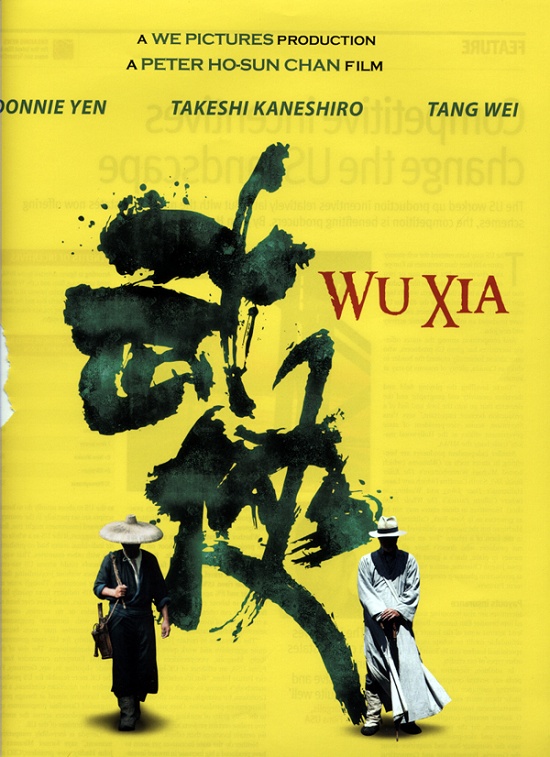Japan discharges nuclear sewage into the Pacific Ocean. Can seafood and sea salt be eaten safely?
At about 12: 00 Beijing time on August 24th (1: 00 pm local time on the 24th), Japan officially began to discharge the nuclear polluted water from the Fukushima Daiichi nuclear power plant into the Pacific Ocean. So, what impact does the discharge of nuclear sewage have on us? Can seafood be eaten in the future? What should I pay attention to when traveling to Japan? At about 19: 00 pm on the 24th, Professor Chen Xinjun, Dean of the School of Ocean Science of Shanghai Ocean University, who is engaged in the research of fishery resources, was interviewed by the reporter of Jiefang Daily Shangguan.
[More than 30,000 tons of nuclear sewage will be discharged this year]
It is reported that Tokyo Electric Power Company plans to add about 1,200 tons of seawater to each ton of nuclear polluted water for dilution, and officially start the discharge of nuclear polluted water after confirming that the concentration is reduced to the so-called "expected standard". According to the plan, 31,200 tons of nuclear polluted water will be discharged in four times in 2023, with the first batch of about 7,800 tons planned to be discharged continuously for 17 days from August 24th.
TEPCO and Japan’s Ministry of the Environment and other departments said that they would set up testing equipment in the waters around the Fukushima Daiichi nuclear power plant, and in case of abnormal radiation data, earthquakes with a magnitude of less than 5 (about magnitude 7 on the Richter scale) and tsunamis, the discharge would be suspended.
Japan’s "Daily News" predicts that it will take 30 to 40 years to discharge all these nuclear polluted water.
[Nuclear sewage ≠ nuclear wastewater]
Nuclear sewage, as its name implies, is radioactive sewage. Such as high-level radioactive waste water produced in nuclear accidents, or cooling water in direct contact with nuclear fuel. Experts show that nuclear sewage is not equal to nuclear wastewater. Nuclear sewage is more harmful, containing 64 kinds of nuclear radioactive substances including tritium.
Some Japanese scholars have pointed out that the ocean around Fukushima is not only a fishing ground for local fishermen to survive, but also a part of the Pacific Ocean and even the global ocean. The discharge of nuclear sewage into the ocean will affect global fish migration, offshore fishing, human health, ecological security and other aspects, so this issue is not only a domestic issue in Japan, but an international issue involving global marine ecology and environmental security.
Professor Chen Xinjun, Dean of the School of Marine Science of Shanghai Ocean University, said that Japan discharged the nuclear polluted water from the Fukushima Daiichi nuclear power plant into the Pacific Ocean.Its serious impact is irreversible and its consequences are uncertain and unpredictable.
Professor Chen Xinjun explained that the pollution of nuclear elements produced by different levels of nuclear accidents is different. The accident level of Fukushima Daiichi nuclear power plant is quite high, so the pollution degree of nuclear sewage it produces should not be underestimated. Although the discharge site is in Japan, the current impact may be concentrated in the Pacific side of Japan, but with the passage of time, the entire Pacific region will be affected.
[Can seafood still be eaten? 】
Then, can sea salt and seafood still be eaten?
Professor Chen Xinjun emphasized that the decay cycle of different nuclear radioactive elements is different, and some radioactive elements decay quickly, so the impact on organisms will gradually disappear; However, some radioactive elements have a long decay period, and some even take thousands of years to complete, so the influence of such radioactive elements will have a long-term impact through the food chain.
Professor Chen Xinjun, who is engaged in fishery resources research, said that at present, relevant units in China have been collecting fishery resources data before the discharge, and will continue to collect relevant data after the discharge of nuclear sewage in Japan, so as to facilitate the comparative study between the two. At present, there are some studies on the influence of cesium on marine fishery, but there are few studies on the influence of elements such as tritium on marine fishery resources.
"However, citizens should not worry too much. The seafood circulating in the Chinese market must be strictly tested and safe. " Professor Chen Xinjun stressed. At present, China has completely suspended the import of Japanese aquatic products, and aquatic products close to pollution sources will also be strictly controlled; At the same time, for aquatic products caught on the high seas, the relevant state departments will strengthen monitoring and supervision, strengthen international cooperation with relevant coastal countries, and carry out long-term follow-up research on marine ecology and marine life safety.



